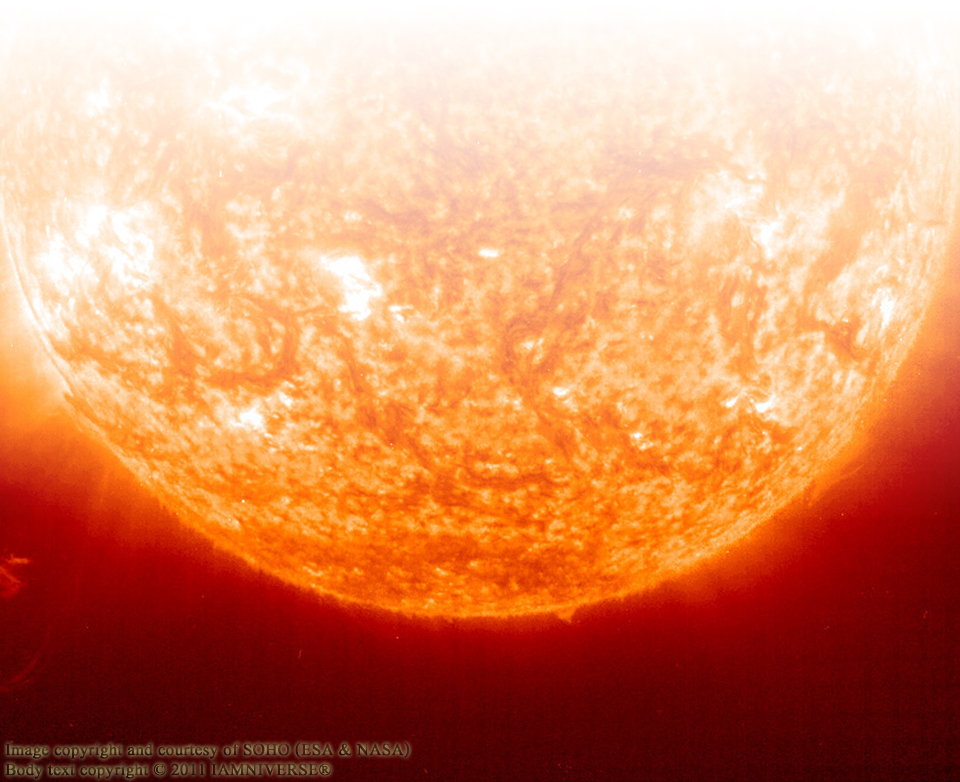There is much to be explained as to why Planck time is being defined as the change rate of regular matter and energy. Here are some important answers to some important questions.
What does Planck-state mean?
“Planck-state” essentially means “static phenomenon that will be replaced by another static phenomenon within a Planck time.” The other static phenomenon being mentioned is what people call “the same thing, but with another spacetime coordinate value.” Technically, it’s not really the same thing, but for continuity’s sake people say it is. For instance, you literally aren’t the same person you were when you began reading this sentence, but in colloquial speech you could say you’re the same person.
You could replace “Planck-state phenomena” with “static phenomena.” It just wouldn’t indicate that it’s a building block of physical time experience that “changes” (becomes unobserved and replaced by another spacetime version) every Planck time.
_
Why choose Planck time?
You could just as easily replace Planck time with “physical time” or “physical universe time,” or even “Pineapple time.” At the end of the day, it is a label for a physical relationship (between light, gravity, etc.). That physical relationship helps comprehend how the physical world changes. So instead of stating a long, drawn out equation of energy, gravity, etc., it is easier to just say “Planck time.” What is being referenced is the physical relationship that the equation is.
As to why that relationship between light, gravity, etc. was chosen, read the answer to the question below. :)
_
Is Planck time REALLY the speed at which reality changes? (C’mon, reality can’t REALLY have a time limit.)
That’s the wrong question to ask, because reality is timeless. A more accurate way to state the question would be as follows: Is Planck time REALLY the amount of time required for the physical universe to change?
The answer to that is both yes and no.
“The physical universe” is an experience of observing universal change. Because reality is timeless, all the possible states the physical universe could be observed to have, all already exist, right now, as unique, static universes.
What is changing is your experiential perspective of static universes. The reason you know you are observing multiple static universes is because that is the only way change works. You have one thing—one version of something with a labeled spacetime value (I say “labeled” to emphasize that everything already exists, and that reality is timeless, and that spacetime labels are created by the observer for mental organization)—that you can see, and you have another thing—another version of “the same thing” with a different labeled spacetime value—that you can’t. If you have a fixed, limited focus and can only see one thing at a time, looking at one thing and then looking at the other will be experienced as the first thing “changing” or “transforming” into the next, “through time.” In the physical universe, there are a limited but uncountable amount (trillions upon quadrillions upon quadrillions upon quadrillions, etc.) of potential states an object and the universe itself can have, that all exist with their unique spacetime values. You perceive a different, unique state only one at a time, every Planck time, linearly, and thus a type of time experience is created. There are different types of time experiences that make up the overall human experience; for instance, mental time experience is a sensation of continuity requiring memory and imagination.)
Planck time is the specific amount of time your consciousness requires to generate a specific building block of experience, used to build your experience of “one single changing universe you live in as a human.” Planck time is being defined as the amount of time used to change one’s perspective of one static universe to another.
“Planck time” is just a fill-in definition—it’s the best calculative measurement out for this rate of process of physical change. There may be a better calculation in the future, there may not. If the newer calculation comes, then the definition of physical change rate postulated will change.
Right now, Planck time is the best definition. There literally is no known physical measurement of time smaller. Emphasis on the word physical. Planck time is an equation based on the behavior of the components that make up physical reality, itself. That separates it from the other, more arbitrary measurements like seconds.


